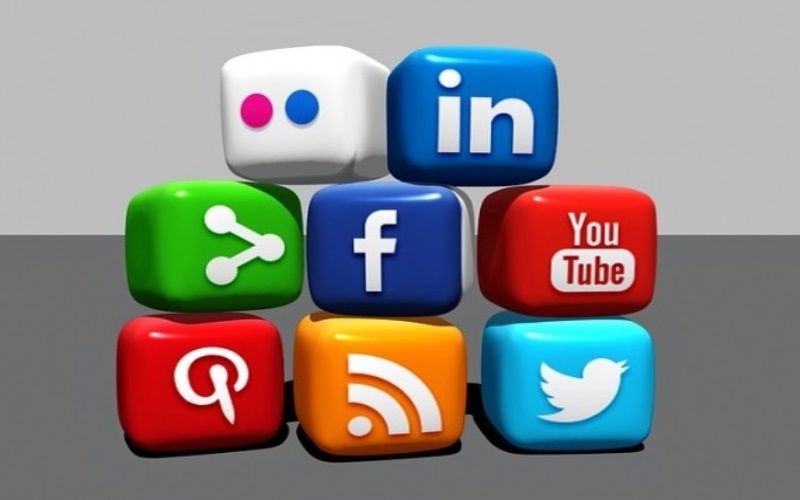Social media sites use tricks like those found in gambling, such as what you might see on 20Bet, to keep us hooked. These tricks can make our brains crave social media, much like some people crave sweets. Ever think you felt your phone buzz when it didn’t? That’s one trick at work. Experts like Natasha Schüll say these sites want us to stay online longer because that’s how they make money. It’s like how casinos keep gamblers playing. This makes some people worry about how it affects our minds and what rules should be in place to help.
Snapchat streaks, scrolling through Facebook photos, or playing Candy Crush all have something in common. Natasha Schüll says they pull you into a loop where you’re always waiting, hoping, and getting a little reward. It’s this cycle that keeps you coming back for more.
“If you disengage, you get peppered with little messages or bonus offers to get your attention and pull you back in,” said Schüll. “We must start recognizing the costs of time spent on social media. It’s not a game – it affects us financially, physically, and emotionally.”
Recreating the slot machine
Tristan Harris, who used to work on ethics at Google, says it’s a lot like playing a slot machine when we pull down to refresh our news feeds like waiting for a slot machine to show if you’ve won, scrolling surprises us every time.
“You pull a lever and immediately receive either an enticing reward (a match, a prize!) or nothing,” Harris wrote.
We are still determining when we will be rewarded. More often than not, we don’t find anything exciting or gratifying, much like gambling. But that’s what keeps us coming back.
Dr. Mark Griffiths, a renowned expert in behavior addiction, unravels the mystery behind our relentless phone checking. He explains that social media apps and Websites tap into a psychological strategy called “variable reinforcement schedules.” Imagine reaching into a lucky dip bag. Sometimes, you snag a prize and occasionally come up empty-handed. This element of surprise fuels our fascination. It draws us back to social media platforms. One moment, you might stumble upon a laugh-out-loud video. The next, you might receive a flurry of likes on your latest photo. This unpredictable mix of rewards makes it challenging to resist scrolling and checking our devices. It’s like a game of chance. The outcomes are uncertain but compelling. They keep us hooked on these websites.
“Social media sites are chock-a-block with unpredictable rewards. They are trying to grab users’ attention… to make social media users create a routine and check their screens.”
Gambling can change the brain in ways that make people more likely to feel sad or anxious. Using social media too much has been linked to feeling down or depressed. Knowing that scrolling through apps and websites can have profound effects is essential. They’re more severe than they seem.
Ever think your phone buzzed or made a sound when it didn’t? That’s called “phantom calls and notifications.” It’s when we check our phones thinking there’s a message, but there’s nothing there. This happens because we want to get these messages and alerts. Professor Daniel Kruger, a behavior expert from the University of Michigan, explains that our brains react to social media notifications almost like they react to addictive substances like cocaine. This reaction is because our brains are wired to respond to these signals, making us crave them even more.
We crave notifications and fear missing out. This can lead us to check our phones constantly. It not only affects our mood but can also make us feel more anxious or depressed over time. Our brains get tricked into thinking we need these digital interactions to feel good. In reality, they can end up making us feel worse. Understanding how social media can affect our brains and emotions is key to using it more healthily.
“Whole departments are trying to design their systems to be as addictive as possible. They want you to be online. They bombard you with messages and stimuli. They want to redirect your attention to their app or webpage.”

